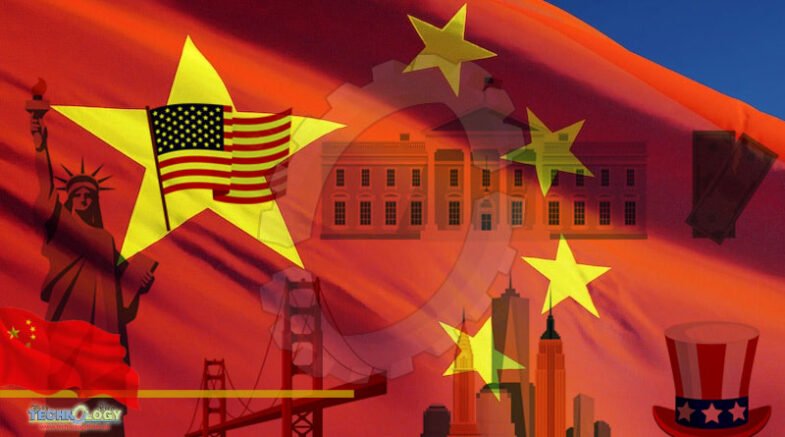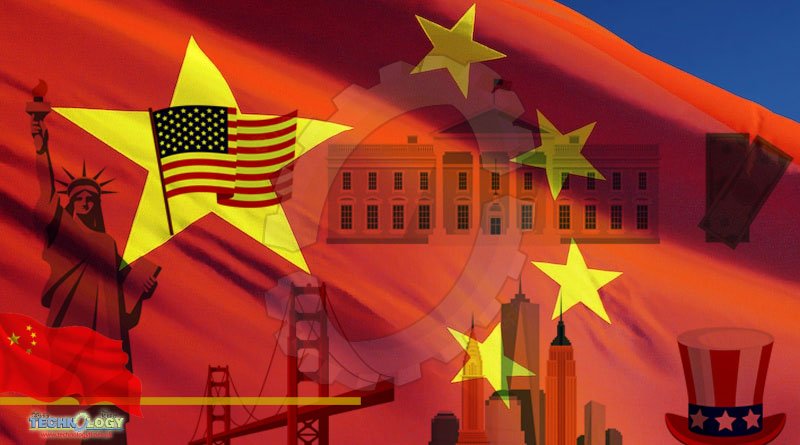China has a steady increase in the number of “high-impact scientists” than the United States, which is still the leader but has seen a steady drop over the years. China is slowly diminishing US dominance over science.

China has a steady increase in the number of “high-impact scientists” than the United States, which is still the leader but has seen a steady drop over the years. China is slowly diminishing US dominance over science.
The numbers are showing a steady expansion over the last five years, according to a survey published last week by Clarivate Analytics, a U.K.-based analytical research group, which assesses the academic influence of scientists.
“Research fuels the race for knowledge. While the United States continues to lead the world in research influence, China continues to close the gap,” said David Pendlebury, head of research analysis at the Institute for Scientific Information at Clarivate.
“Indeed, the 2022 list reflects a transformational rebalancing of scientific and scholarly contributions at the top level through the globalization of the research enterprise.”
According to Clarivate’s citation list, which assesses scientists’ academic effect, scientists in 21 fields received almost 7,000 designations this year.
The list noted scientists who have significantly influenced the field through the publication of highly cited articles over the past ten years. The ranking evaluates each nation’s research capacity and updates global trends in scientific research.
The U.S. still holds the top spot as the institutional home of 38.3% of the nominated scientists. However, this year, there was a loss of 1.4 percentage points, and there has been a five-point decline since 2018, noted the survey.
While as in recent years, China has demonstrated a promising trend. Over the course of five years, the proportion increased from 7.9 in 2018 to 16.2 in 2022, more than double China’s percentage of “highly cited researchers.”
“40 percent of our journal’s editors are on the 2022 list. That means our editors are active in their research area, and are more likely to increase the journal’s influence,” said Xue Wangxin, a senior publishing editor at Tsinghua University Press, the publishing house of Tsinghua University in Beijing, China.
With 233 researchers nominated, Harvard University maintained its top-ranked position in the institution rankings from previous years. With 228 nominees, the Chinese Academy of Science came in second.
“The ranking is likely to change next year, considering the data trend we have witnessed,” Liu Shihua, Clarivate Analytics publishing business manager, told.
In the disciplines of mathematics, chemistry, and material science, Chinese scholars take up more than 40% of the positions on the list. However, in areas of medicine like clinical medicine and immunology, China is falling behind.
“The United States, Europe, and Japan have absolute advantages on the list in the biomedical field. US dominance can be seen in biomedical field but China is far below the global average on research investment in the biomedical industry,” Zhang Mizhi, a research fellow at the Shanghai Institute for Science of Science, wrote in the journal Scientific Development in October.
“China should increase investment in biomedicine and attract more capital investment from the global market … to promote the research and breakthrough of key technologies in medical science, pharmaceuticals, and organic fine chemistry”, he added.
From surpassing the US dominance in scientific research volume and quality earlier to now narrowing the gap in nominated scientific researchers, China is rushing towards a stronger scientific output than ever anticipated, closing in on its science rivals.
Originally published at Interesting Engineering
